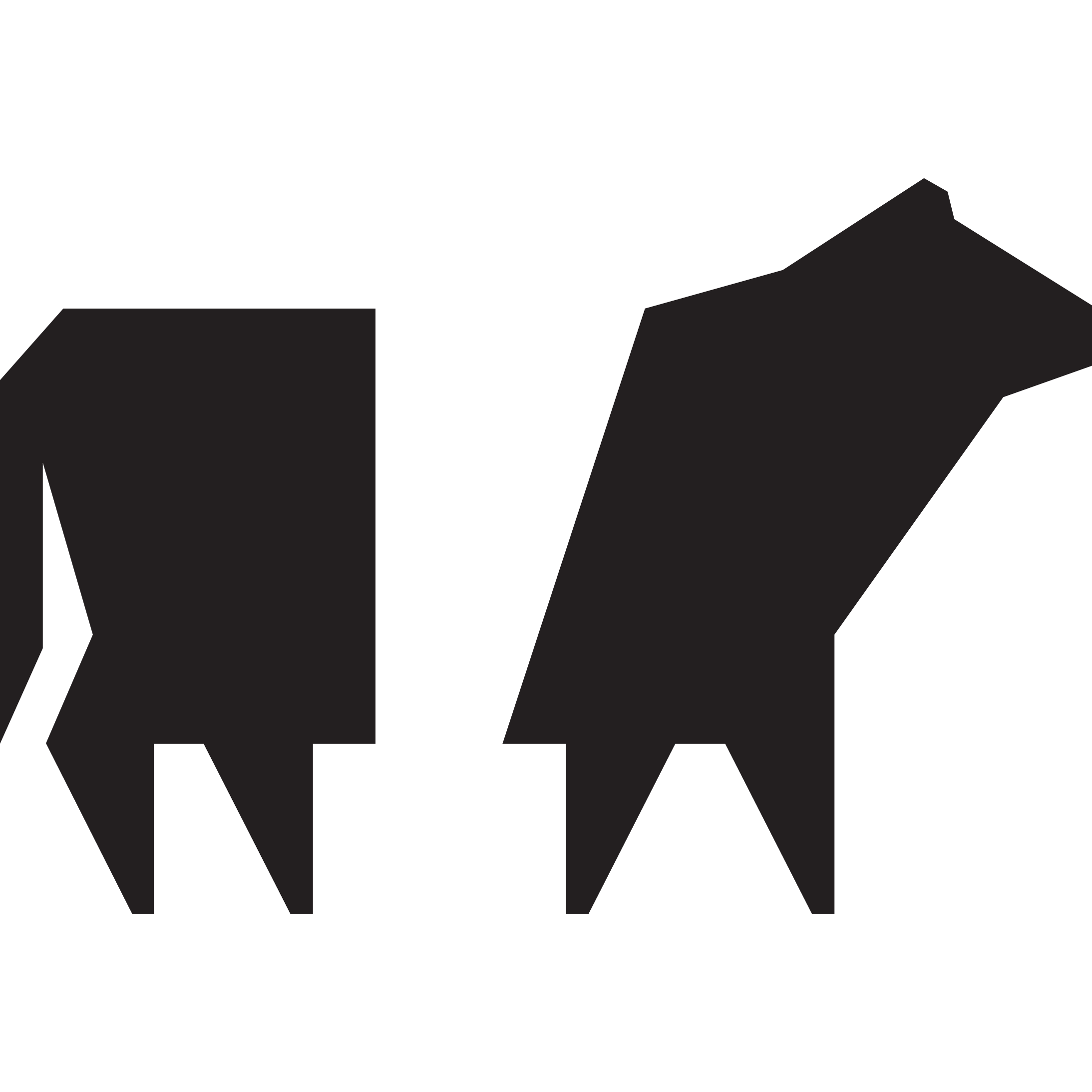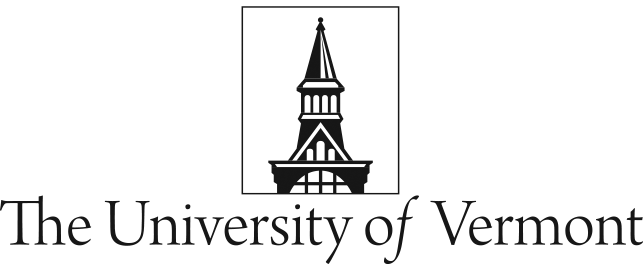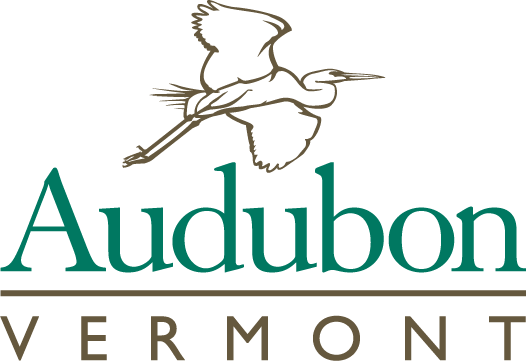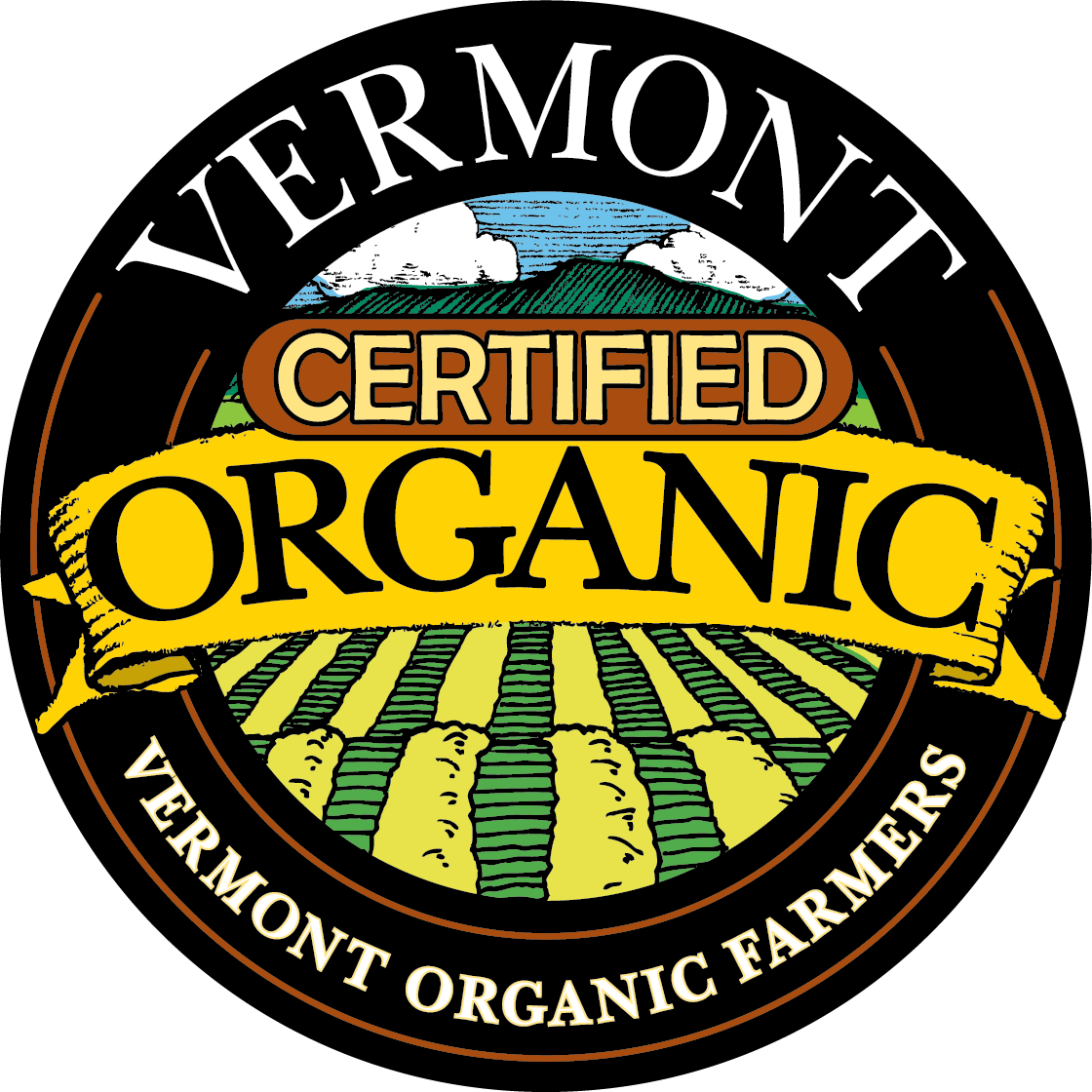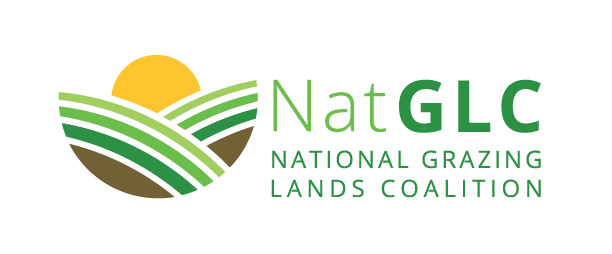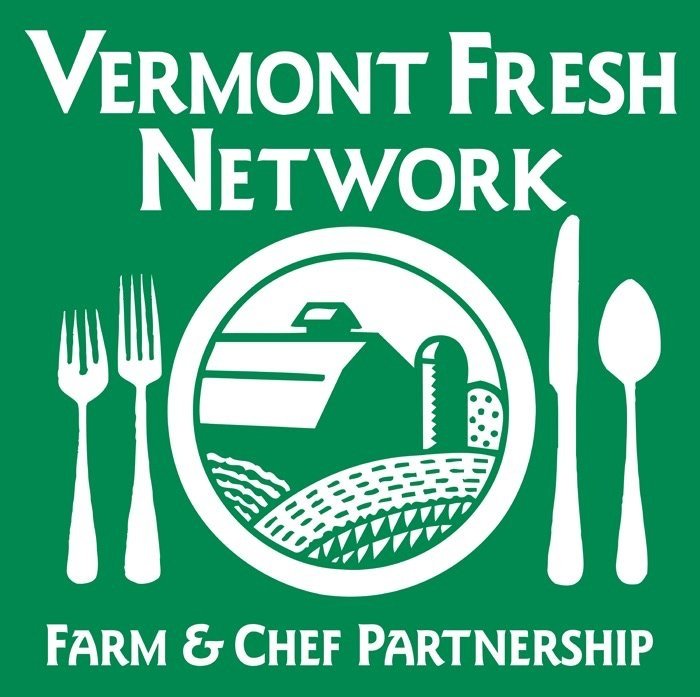Ecology & Research
A net positive impact
Understanding Our Ecosystem
At Philo Ridge Farm, we are always working to better understand how soils, plants, animals and people interact. As a former conventional dairy, Philo Ridge Farm is an ideal candidate for on-farm research. By adopting regenerative agriculture practices, we’ve created an opportunity to evaluate the evolving health of the farm’s ecosystem. Our farmers regularly monitor the condition of our soil. To assess soil fertility, we measure the physical (soil structure), chemical (minerals and nutrients), and biological (the presence of healthy plants, bugs, bacteria, and fungi) components of the soil. We also carefully track the farm’s pasture yield and quality, water runoff, animal performance, and overall productivity.
The core pillars of our system are building healthy soils, increasing water retention and purity, enhancing biodiversity and ecosystem resilience, and reducing carbon emissions through carbon sequestration. We practice rotational livestock grazing, use cover crops as part of our crop rotation, apply compost annually, plant native perennials, and continually explore more regenerative practices to foster the health of our land and the surrounding ecosystems.
Integrated Pest Management (IPM)
We identify and quantify the presence of various insects in our crops to inform our management on a weekly basis. This may include introduction of insect pest predators, changing watering cycles, removing plants, or applying organic sprays and amendments to mitigate crop damage or alter the environment. The goal is to reduce all inputs where possible, but it starts with identification and tracking. This program has been led and informed by Colleen Armstrong.
Rotational Livestock Grazing
Cover Crops and Crop Rotation
Planting Native Perennials
Managing water resources
Water Quality, Runoff and Manure
Soil’s ability to retain water during dry times and drain excess water during wet times determines what and how well things can grow. At the farm, we have heavy clay soil that was compacted by years of plowing. This means our soil has trouble draining excess water, which can make it difficult for the soil to absorb water and difficult for plant roots to penetrate and grow. We nurture perennial plants to root deeply and break up the compacted soil, and experiment with different methods of cultivation to reduce or eliminate tillage and plowing when possible.
In addition to supporting proper water drainage and holding capacity, we’re committed to limiting agricultural runoff. Traditional livestock farming can leach harmful substances, including phosphorus, from compromised soil and animal waste and transmit it to local lakes and rivers—which has been a serious problem in the Lake Champlain Watershed. Regenerative agriculture focuses on healthy, holistic systems that depend on unpolluted, well-managed water resources. Recycling manure as compost and monitoring the health of our soil allows us to minimize water runoff and ensure that the runoff that does occur is environmentally safe.
Manure As Compost
Minimizing Water Runoff
Tile Drainage
creating perennial systems
Plant Diversity and Biodiversity
Our gardens and pastures are designed to be innovative growing environments that include a diversity of habitats. Many of our garden beds contain native species, medicinal herbs, plants attractive to pollinators and beneficial insects, and multiple varieties of berry bushes. We grow perennial trees, shrubs, and grasses as part of our pasture system. These perennial systems build soil health, sequester carbon, reduce erosion, and support beneficial microorganisms and fungi.
Trees are important to the history of this land. Vermont was once covered in forests, nearly 70 percent of which were cleared for sheep grazing in the 1800s. We’ve planted over 1,500 trees in the last few years to help restore the area’s natural habitat and to harness their environmental benefits. Trees are powerful water and carbon management tools, and the intentional integration of trees and shrubs into crop and animal farming systems has been practiced around the world for centuries. Trees and shade have additional benefits for animal health and performance which is core to the mission of our farm.
Carbon Sequestration
Pollinator-Friendly
Perennial Pasture Systems
Gathering and Measuring Data
Research Initiatives and Project Partners
University of Vermont
About 80% of Vermont’s farmland is currently dedicated to commodity dairy and conventional hay and crop production. We are partnered with the University of Vermont (UVM) to establish a research and evaluation protocol that farms around the state can use to produce healthy soils. Consistently gathering and measuring data in the field is essential to understanding which farming practices lead to better soil health, water quality, pasture productivity, and other environmental and economic benefits. The data we collect with the scientists and researchers at UVM helps us to understand the effects of our practices and continually improve the health and productivity of the land.
NRCS Conservation Innovation Grant
In 2020, in collaboration with our partners UVM, the Vermont Land Trust, and Bio-Logical Capital (BLC), we were awarded an NRCS Conservation Innovation Grant to conduct statewide, on-farm trials. Philo Ridge Farm inspired the design and submission of this grant, as we have been implementing and testing numerous regenerative agricultural practices on this land since 2015. Project team members are working with 16 farms throughout Vermont to assist them in the implementation of these management practices over the next five years. The project aims to assess the ecological, economic, and social impacts of adopting a four-part soil management system that includes the adoption of practices such as planting cover crops, reducing tillage, modifying nutrient management, and the intensive, rotational grazing of livestock.
Audubon Vermont
We’ve partnered with Audubon Vermont to give renewed life to Mud Hollow Brook and the birds that call it home through their Bird and Bee Friendly Farming initiative. From Philo Ridge Farm, the Mud Hollow Brook runs through open fields and dense vegetation to the LaPlatte River before ending up in Lake Champlain. In addition to birds, bees, and native plants, the land it flows through provides habitat for other wildlife, including large mammals, who use the corridor to feed and mate. Like most land in Vermont, the watershed has seen a lot of development. This project, beginning as it does at the headwaters, offers an opportunity to improve the health of the entire corridor and bring visibility to the positive impact of conservation efforts.
